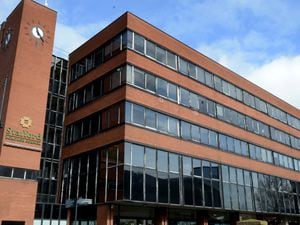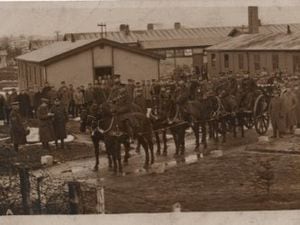Dentists were at higher risk in first wave
A study of West Midland dental professionals suggests natural infection alone is unlikely to generate meaningful, durable herd immunity against the virus that causes Covid-19.
The University of Birmingham-led study of 1,507 dental professionals in the region has shown they were at increased occupational risk of infection during the first wave of the pandemic.
The observational cohort study, published today in the Journal of Dental Research, saw blood samples taken at the start of the study in June 2020 to measure their levels of antibodies against SARS-CoV-2, the virus that causes Covid-19.
The team found 16.3 per cent of study participants – which included dentists, dental nurses and dental hygienists – had SARS-CoV-2 antibodies, compared to just six per cent of the general population at the time. Meanwhile, the percentage of dental practice receptionists, who have no direct patient contact, with SARS-CoV-2 antibodies was comparable to the general population, supporting the hypothesis that occupational risk arose from close exposure to patients.
The study also found ethnicity was also a significant risk factor for infection, with 35 per cent of black participants and 18.8 per cent of Asian participants having SARS-CoV-2 antibodies, compared to 14.3 per cent of white participants.
Blood samples were taken from participants three months later, in September 2020, when dental practices in England had re-opened with enhanced PPE and infection control measures in place, and once again in January 2021, six months after the start of the study, during the second wave of the pandemic when healthcare workers were being vaccinated.
The results showed that of those who had previous Covid-19 infection, over 70 per cent continued to have SARS-CoV-2 antibodies both at three months and six months later, and they were at a 75 per cent reduced risk of re-infection with the virus.
The study also demonstrated the immunological impact of Covid-19 vaccination, with 97.7 per cent of those without previous infection developing an antibody response at least 12 days after their first Pfizer vaccine. In those with evidence of previous infection, the antibody response was more rapid and higher in magnitude after a single dose of the Pfizer vaccine.
Dr Adrian Shields, of the university’s Institute of Immunology and Immunotherapy, said: “Understanding what an antibody test result means to an individual with respect to their risk of infection is essential to controlling the pandemic.
“Our study has taken the first steps in defining the level of antibody in a persons’ blood necessary to protect them from infection for six months."
Professor Thomas Dietrich, of the university’s school of dentistry, adds: “Critically, only 5.3 per cent of the cohort developed an antibody response that exceeded this threshold of 147.6 IU/ml following the first wave of the UK pandemic. This suggests that natural infection alone is unlikely to generate meaningful, durable herd immunity.”
Professor Alex Richter, also of the University of Birmingham, said: “This is the first time the occupational risk of exposure to a potentially fatal respiratory virus has been studied in a large dental cohort.
“It is important that we now progress our research to ensure we have an understanding of how people are protected from re-infection with Covid-19 following natural infection and vaccination."





